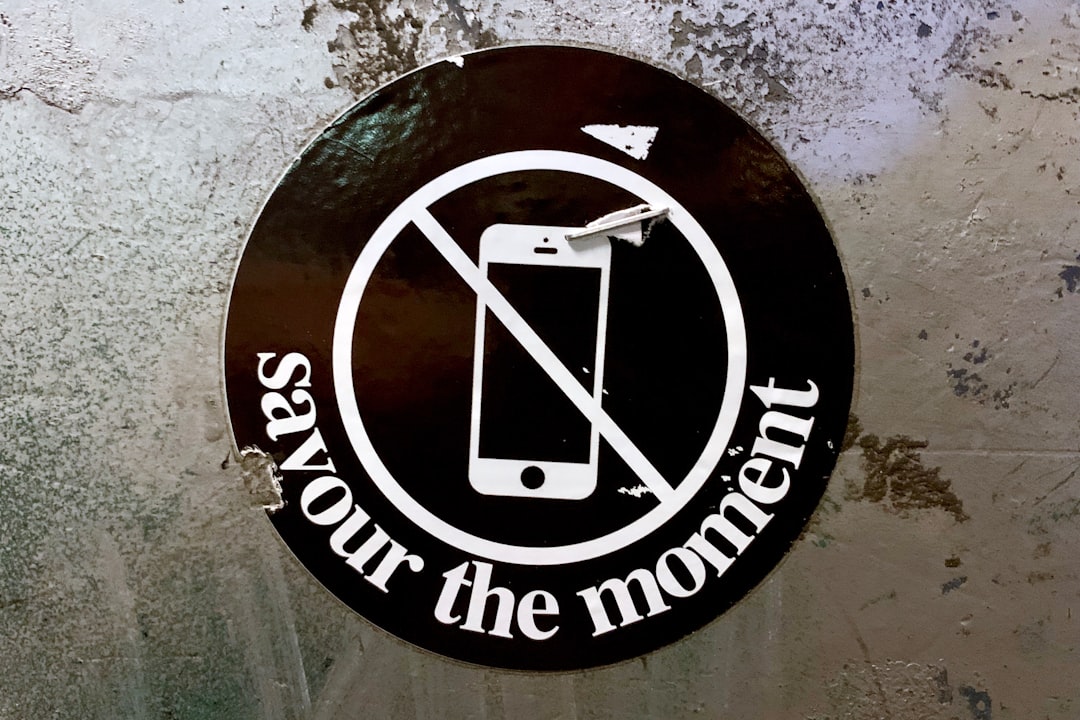If you’ve spent any time on social media, in group chats, or even just engaging in casual conversations, chances are you’ve come across the term TMI. This acronym is a staple in digital communication and has found its way into everyday language. But what does TMI actually mean? And how can one use it appropriately in conversation?
Understanding the meaning and context for using TMI can help you navigate social interactions more effectively, especially in the internet age where oversharing can sometimes blur the lines between personal and public life. Let’s dive deeper into what TMI means, when it’s appropriate to use, and why it’s become such a common expression.
What Does TMI Mean?
The acronym TMI stands for “Too Much Information”. It’s most commonly used to indicate that someone has shared more detail than others are comfortable hearing. In many cases, TMI refers to overly personal, intimate, or graphic details that the listener or reader deems unnecessary or inappropriate for the context.
Originally, the term began as a humorous response to social gaffes or awkward overshare moments. Over time, it evolved and became a quick and witty way to set conversational boundaries.
Example:
Person A: “I had to run to the bathroom like three times this morning after that spicy burrito!”
Person B: “Whoa, TMI!”
How Is TMI Used?
TMI is usually used in casual settings, both online and in face-to-face conversations. It can be delivered playfully, sarcastically, or seriously, depending on the tone and relationship between the people involved.
1. Playfully
Friends might tease each other for going into too much detail about personal life experiences. In these cases, it’s often said with a smile or a laugh.
2. Sarcastically
Sarcasm adds a layer of humor, especially when someone is being overly dramatic or revealing minor details in an exaggerated way.
3. Seriously
In professional or formal settings, people might use the phrase to politely shut down inappropriate or irrelevant details.

Types of Situations That Might Call for TMI
There’s not always a clear line between what counts as too much information and what doesn’t, but here are some common situations where TMI might apply:
- Health Issues: Describing bodily functions or medical conditions in too much detail.
- Romantic Life: Sharing explicit content or personal experiences that are too intimate.
- Family Drama: Going deep into familial disputes or emotional baggage during casual conversations.
- Workplace Gossip: Sharing confidential or overly detailed information about workplace issues.
While the TMI response isn’t always negative, it does function as a helpful cue that a boundary has been unintentionally crossed.
Why TMI Matters in Digital Communication
Social norms around what’s appropriate to share have evolved dramatically in the digital age. The rise of blogs, vlogs, and social media platforms like Twitter, Facebook, Instagram, and TikTok has encouraged people to open up about their lives. While this can foster connection and empathy, it also makes it easier to overshare.
Using TMI in these spaces serves as a modern etiquette tool, helping to navigate the balance between honesty and discretion. It’s especially relevant in text-based communications where tone and body language are absent.

How to Know If You’re Oversharing
If you’re concerned whether you’re the one giving “too much information,” here are a few questions you can ask yourself:
- Is this the right setting for this story or information?
- Does the person I’m talking to need or want to know this?
- Am I crossing personal, professional, or social boundaries?
If the answer to any of these questions is “no,” you might want to hold off or tone it down.
Responding to TMI Gracefully
So what do you do if someone hits you with a “TMI!”? First, don’t panic or take it too personally—it’s often said in jest. Here are a few ways to respond:
- Laugh it off: A light-hearted “Oops, too far?” helps you move on without awkwardness.
- Apologize, if necessary: “Sorry, I didn’t realize that was too much.”
- Change the subject: Quickly pivot to a safer or funnier topic.
Creative Uses of TMI
Sometimes, people use TMI knowingly as a form of humor or exaggeration. TikTok trends, memes, and storytelling videos often exaggerate personal experiences for comedic effect. In such contexts, the phrase “TMI” might even show up as a content warning captioned on screen or in the comments.
For example, someone might preface a video with “TMI warning!” before launching into an embarrassing story. This gives the audience a heads-up and frames the information as intentionally overshared for entertainment purposes.
Tips for Avoiding TMI
- Know your audience: What you’d say to a friend might not be suitable for a coworker.
- Be mindful of detail: Stick to the essentials unless someone asks for more specifics.
- Check for cues: Watch for signs like discomfort or disinterest in the listener’s body language or tone.
- Use humor carefully: Jokes involving bodily functions or personal life may not land the same with everyone.
Conclusion
TMI, or “Too Much Information,” is a cultural shorthand that helps people set boundaries in conversation. While often said playfully, it acts as a useful social signal, guiding people to gauge how much is appropriate to say in different contexts. From texting with friends to public posting online, remembering the principles behind TMI can improve the quality of your communication—and help you avoid those eye-roll-inducing moments of awkward overshare.
FAQ: TMI Explained
- Q: Is saying “TMI” rude?
- A: It depends on how it’s said. In a friendly or humorous tone, it’s usually not considered rude. However, in serious contexts, it’s better to communicate discomfort more thoughtfully.
- Q: Can TMI be used in professional settings?
- A: It’s not recommended in formal workplace environments. A more tactful response to oversharing would be to redirect the conversation or express your discomfort diplomatically.
- Q: Is it ever okay to give TMI?
- A: Sure—especially if your audience is receptive, such as close friends or online followers who expect candid content. Just be sure to provide a content warning if needed.
- Q: What are alternatives to saying “TMI”?
- A: You can say, “That’s a bit more than I needed to know,” or simply change the subject. Polite redirection can be effective without calling someone out directly.
- Q: How can I tell if something I’m saying might be TMI?
- A: Pay attention to your audience’s reactions. If people look uncomfortable or stop engaging, it’s a sign you may have crossed a line.